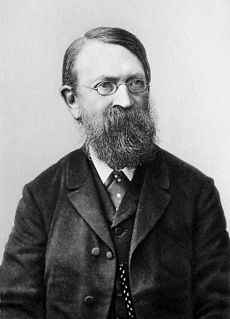Autonomous experimentation is transforming the landscape of materials synthesis and characterization, a domain traditionally slowed by time-consuming and repetitive tasks. In extreme environments, which pose unique challenges, these systems can excel by efficiently extracting the most critical information, streamlining processes in these demanding settings. In this presentation, I will discuss the progress at NREL towards autonomous current-voltage (IV) and electrochemical impedance spectroscopy (EIS) characterization systems in extreme operating environments, enabled by highly automated probe stations driven by artificial intelligence algorithms. These systems, equipped with sophisticated capabilities such as genetic algorithms and multidimensional Bayesian analysis, intelligently navigate through large parameter spaces, such as temperature, pressure, and time. By actively learning from electrical measurements, they efficiently identify the most informative data points, thereby maximizing device information in a time-effective manner while significantly reducing the need for manual intervention.
I will discuss the technical challenges encountered during the development and implementation of these systems, such as equipment and software integration, ensuring robust and reliable operation in diverse environmental conditions, and developing algorithms capable of handling complex, multidimensional data. Moreover, I will showcase recent achievements: the autonomous JV characterization of ultrawide bandgap NiO/β-Ga2O3 heterojunction diodes for sensing applications in extreme environments, and the autonomous EIS characterization of proton-conducting oxide electrodes, all enabled by recent developments in autonomous experimentation at NREL.

